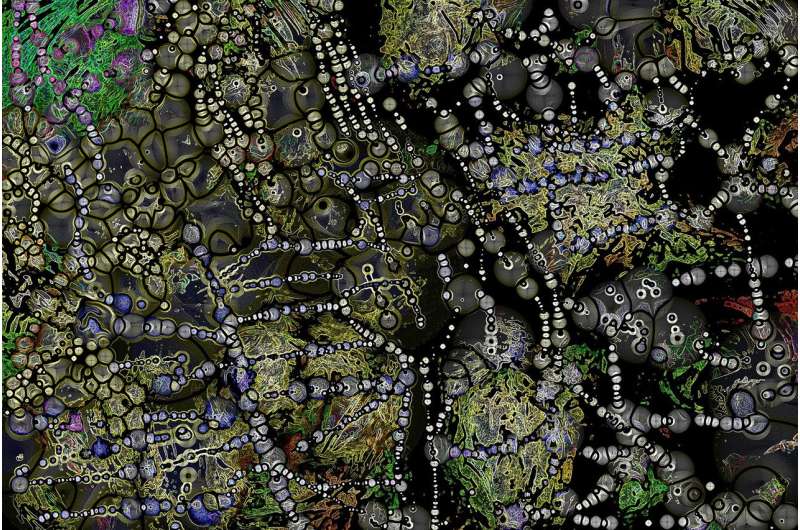Researchers carry out simulation of a hospital outbreak

"Genomics of a Mock Outbreak" was a stress test on the ability to identify and characterize multidrug-resistant bacteria isolated from patients and the hospital environment. The results, released on European Antibiotic Awareness Day, 18 November, show that it is possible to sequence and analyze bacterial genomes in a short time, which is crucial information to manage and control an outbreak.
The mock outbreak was based on a fictitious request from a hospital in which a particularly dangerous bacterium, resistant to several antibiotics, had been detected and isolated from 10 patients over a short period of time. The aim was to find out if the patients had been infected by the same strain and the source of transmission. To assist the research, 40 environmental samples (obtained from washbasins and sink drains) were collected.
The process started with the extraction of total DNA from the bacterial samples obtained from patients. The DNA was sequenced and compared among the several samples and with DNA from other bacteria. The results of the clinical samples were known and reported to the virtual hospital in less than 48 hours—a record time, as this type of analysis can take several weeks. It was confirmed that the outbreak was caused by Klebsiella pneumoniae, resistant to multiple antibiotics, a difficult-to-treat bacterium that is currently expanding in Portugal and in Europe.
The analysis of the environmental samples ran in parallel and was completed within six days. This analysis took longer, as bacteria had first to be isolated from the environmental samples. The same strain that had infected patients was identified in some of the environmental samples, a key information to fight the outbreak.
The pilot demonstrated the ability to investigate an outbreak in real time, using a high-resolution technique that allows the identification of relationships between bacteria with great precision.
These techniques can support prevention, detection and control of hospital infections. The mock outbreak allowed researchers to overcome several barriers that had been identified in previous studies. The results now achieved will support future studies to be carried out in partnership with Portuguese hospitals.GeMO is a pilot study involving Ricardo Leite, from Instituto Gulbenkian Ciência—IGC, and researchers from the laboratories led by Raquel Sá Leão and Maria Miragaia, from ITQB NOVA, and the analysis of the results used methods developed by the laboratory led by Mário Ramirez from iMM, Instituto de Medicina Molecular.
This study was carried out within the framework of ONEIDA—An OMICS Network to Prevent and Control Infectious Diseases and Antimicrobial Resistance, a research consortium coordinated by the microbiologists Raquel Sá-Leão and Mónica Serrano, of ITQB NOVA.


















